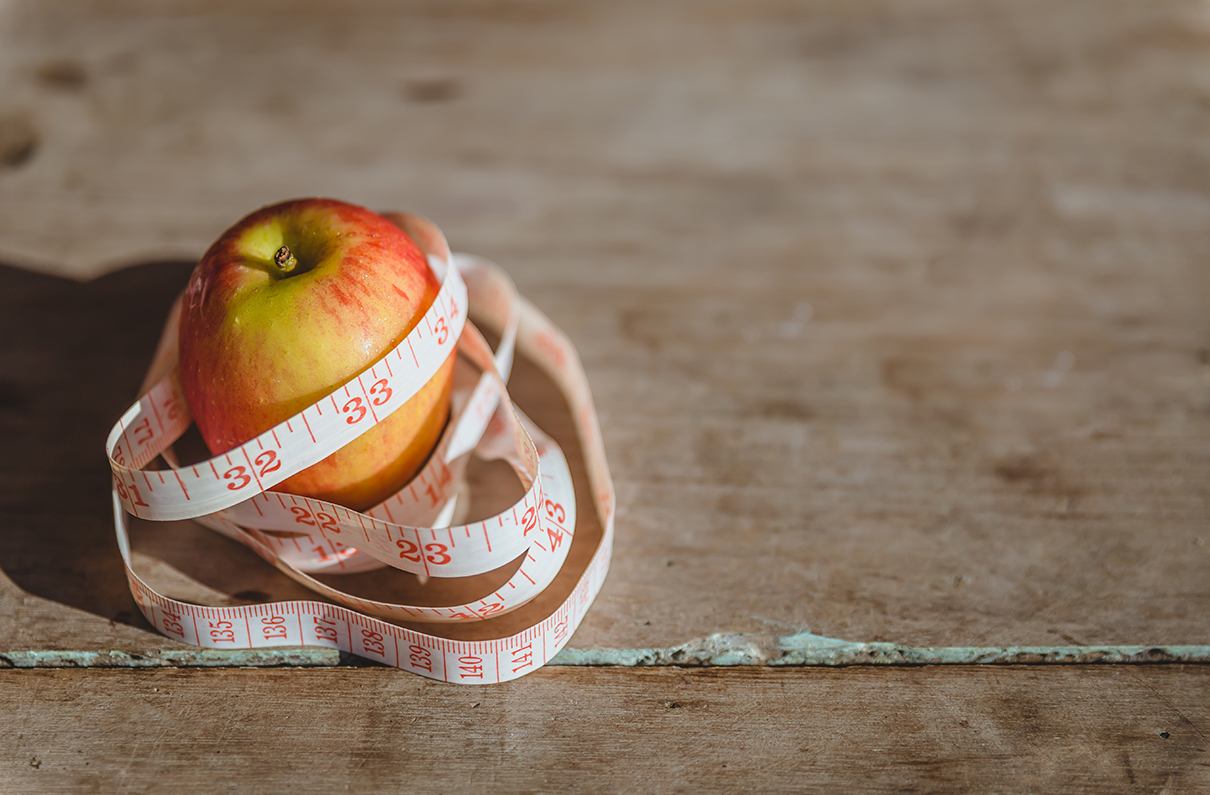Some restaurants are required to list prominently the calories of menu items, yet this has little impact on most people's food selections, studies have shown. Understanding the meaning of these numbers and the effect calories have on your weight and health can be difficult.
The average woman uses about 2,000 calories a day, the average man about 2,400. Actual usage varies with activity and exercise, body size and build, and other factors. A mile walk or jog burns about 100 calories. A pound lost or gained is about 3,000 calories; to lose a pound a month requires eating about 100 calories less than you burn each day. Many calorie-based weight-loss diets suggest consuming about 1,500 calories a day to lose a pound a week, or 1,000 to 1,200 to lose up to 2 pounds weekly. A pound of fat adds about 2 cups of extra body volume; 2 pounds of fat is a whole quart; 8 pounds is a gallon.
At one restaurant chain, a basic hamburger has 700 calories and a bacon cheeseburger more than 900. At another, a small serving of french fries has 230 calories, and a large serving has 500 calories. For a small additional cost, you can more than double the amount of fries, which seems like an economical purchase. However, if you are counting calories rather than pennies, the small fries might be a better value.
The same math applies at a coffee shop. Though coffee has no calories, fancy coffee-based beverages might have 400 calories. A slice of banana walnut bread or a pumpkin scone adds nearly 500 calories; the coffee drink and pastry together nearly add up to a dieter's total daily caloric allowance.
“So,” you say, “I'll just eat salads.” Remember, cheese, chicken, mayonnaise-based creamy dressings, and other toppings add calories to the almost-zero-calorie lettuce. A salad easily can have more than 500 calories. Look at these numbers in the context of your daily calories. Before choosing large sizes or extra side orders, consider whether you really want to add those extra calories.
If you pay attention and choose your calories wisely, the effect can be dramatic. When deciding between a small and medium order, look not only at the financial cost but also at the calorie cost. Do you enjoy one cookie as much as two? Do you really need a second helping?
Most people don't need to count every calorie to maintain their weight. However, pay attention to the calories in obvious choices. Are you looking for lunch to be a third of your day's food intake (about 700 calories) or your entire day's intake? Do you really want those extra 200 calories in salad dressing, or would you prefer them in a glass of wine later? Try to select one or the other, rather than both. Consider the effects of cheating on a diet before you make food selections.
